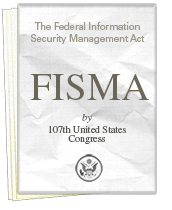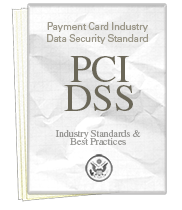 Even when working in a secure location, there is still a need to shield sensitive data at each workstation. Over the past few years, a wave of new federal security standards and increasingly sophisticated attacks have highlighted the need to protect sensitive and classified data at all times—while it is stored, transmitted, and viewed. Visual protection is essential when working in a trusted space with “need to know” information displayed on computer monitors. The ease of screen capture modern camera phone allow makes it imperative that federal agencies add security controls in order to reduce risk. Using a monitor with a privacy filter installed provides flexibility in positioning machines without exposing sensitive data.
Even when working in a secure location, there is still a need to shield sensitive data at each workstation. Over the past few years, a wave of new federal security standards and increasingly sophisticated attacks have highlighted the need to protect sensitive and classified data at all times—while it is stored, transmitted, and viewed. Visual protection is essential when working in a trusted space with “need to know” information displayed on computer monitors. The ease of screen capture modern camera phone allow makes it imperative that federal agencies add security controls in order to reduce risk. Using a monitor with a privacy filter installed provides flexibility in positioning machines without exposing sensitive data.

Payment Card Industry Data Security Standard (PCI DSS)
is a multifaceted security standard that includes requirements for security management, policies, procedures, network architecture, software design, and other critical protective measures. At the core of the PCI DSS is a group of principals and accompanying requirements, organized around the below goals:
| Goals | PCI DSS Requirements |
| Build and Maintain a Secure Network and Systems |
|
| Protect Cardholder Data |
|
| Maintain a Vulnerability Management Program |
|
| Implement Strong Access Control Measures |
|
| Regularly Monitor and Test Networks |
|
| Maintain an Information Security Policy |
|
References
Federal Information Security Management Act (FISMA) - http://csrc.nist.gov/groups/SMA/fisma/overview.html
National Institute of Standards & Technology (NIST) SP 800-53 - http://csrc.nist.gov/publications/nistpubs/800-53-Rev3/sp800-53-rev3-final_updated-errata_05-01-2010.pdf
Payment Card Industry Data Security Standard (PCI DSS) - https://www.pcisecuritystandards.org/security_standards/index.php
State & Local Government Regulations